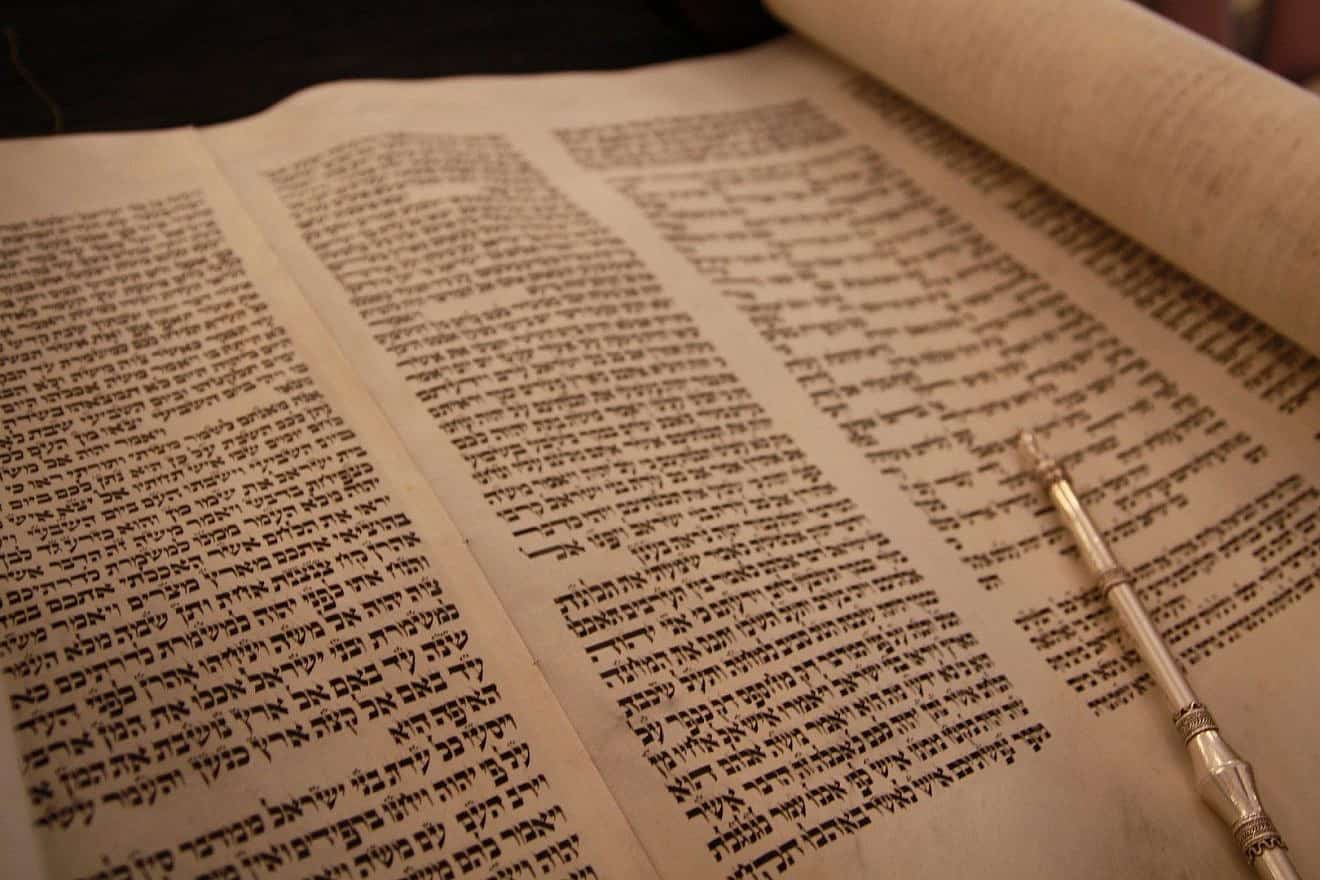Ted Turner is reputed to have said, “If only I had a little humility, I’d be perfect.” Those who knew him believed he was serious.
Another great man said something similar: “If there’s one thing I’m better at than everyone else it’s humility.”
Then there’s the old story about a couple of congregants who entered a synagogue where their rabbi had dozed off over his Talmudic tome. They each marveled at their spiritual leader’s outstanding qualities.
“He is such an outstanding scholar,” said one. “And such an eloquent orator,” said another. “And he does so much for the needy of our community,” said a third.
Whereupon the rabbi opened his eyes, looked up and said: “And about my humility, you say nothing?”
Our parsha this week tells the dramatic tale of the reunion of Jacob and Esau, the estranged twin brothers who hadn’t seen each other for over 20 years. Jacob is returning home to the Holy Land with his family. Esau is coming to meet him with 400 armed desperadoes.
Jacob sends a huge gift of herds of livestock to pacify his brother. He also prepares for war should it be necessary. Naturally, he also prays to God for help.
Jacob begins his prayer with the words kotonti mikol hachasodim—“I have become unworthy through all the kindness You have done for me.”
Rashi commented that Jacob felt that although God had promised to look after him—protecting him from his swindling father-in-law Laban—Jacob was worried that he had used up all his credits. Perhaps he now had little merit left to protect him from the impending danger.
Rabbi Schneur Zalman of Liadi, founder of Chabad, the anniversary of whose liberation from Czarist prison will be celebrated this Shabbat, the 19th of Kislev, pointed out that katan means “small.” Jacob had said kotonti, “I have been made small,” that is “humbled by all your kindness, oh God.” Jacob was saying to God: “You have been so good to me up till now. How much more kindness can I expect?” God’s kindness itself had humbled Jacob.
It should humble us too. But to be humbled, one must appreciate the kindness that we experience, not take it for granted; which is, sadly, all too common.
How do we better appreciate God’s kindness? The ethical teachers say that sometimes hypocrisy is actually kosher. When it comes to spiritual matters, we should always look up to those who are on a higher level and try to emulate their example. But when it comes to our material situation, we should look down, see those who are less well off than ourselves and be grateful for what we do have.
I tried to find the source of a famous proverb that some attribute to Jewish or Persian wise men and others to Helen Keller. Whoever the author, it is a truth worth contemplating: “I cried because I had no shoes, until I met a man who had no feet.”
There is also the saying attributed to John Bradford, who when seeing a group of prisoners being led to their execution reportedly said, “There but for the grace of God go I.”
When we witness the suffering of others, it should make us better appreciate that, without God’s kindness, we would be no better off than those unfortunates. Are you envious of those higher than you on the ladder of life? Look down the ladder and be grateful for what you do have.
My dear mother of blessed memory had a Yiddish saying she probably heard from her mother. She would direct it at us whenever we complained about not having something we wanted, which was usually nothing of importance. “Zei nisht zindig,” she would say. “Don’t be sinful.” To complain about nonsense when we had all we really needed was nothing less than sinful.
We are now seeing many dramatic extremes in our world. On the one hand, 1,200 innocent Jews were murdered in cold blood by monstrous barbarians. But we also witnessed many miracles of survival then and almost daily now with our brave young defenders. We are seeing massacres and miracles. Hundreds of beautiful people were butchered, but a can of tuna became a firebomb and unintentionally neutralized Hamas terrorists in their tunnel. And many more besides.
We have much to mourn, but also much to celebrate and be grateful for. Every single hostage, young or old, who is released is a national simcha in its own right.
Of course, humility brings many benefits along with it. When we are humble, we criticize others less and see the good in people. We more easily learn from others. The arrogant man learns from no one. He knows it all.
Humility and gratitude brought God’s blessings and protection upon our father Jacob. May it do the same for us and all of Israel now.


























